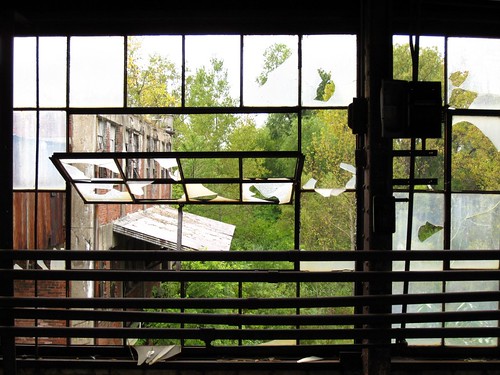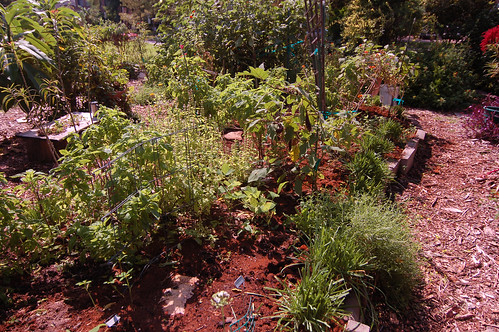As we can see, the prices rose over a period of time to astronomically silly levels. In another Chicago neighborhood, Logan Square, my pastor showed me several houses and the sky-rocketing prices that they went for as much as twice to three times to then even quadrupling over what they previously were sold for within the range of about fifteen years. The largely Mexican American residents and working class whites were being sold and forced out of their homes by rising tax properties or landlords who smelled opportunity. In the meantime, they were losing their homes and communities, friends, schools, churches, doctors, support networks.
When the prices astronomically dropped (about three-fourths in Austin overnight), many others had lost what little equity they had.
Doesn't sound like losing much to some people. Middle class whites like to say, "If you don't like it, just move." And maybe it's easier for them, but when it's been your home for a generation, and when you consider that a sizeable portion of our society is constantly on the brink - deciding between housing and food and clothes and medicine and insurance becomes much harder when you also have to factor in extra transportation costs and time, plus the thousands of hidden costs related to moving. When you consider that landlords usually now demand two and a half months, at least, for rent and deposit before moving in and that most working poor families do not have that kind of cash available, or that credit ratings for poor are low - and disproportionately so for people of color - and therefore deny access to decent living accommodations, it's little wonder that many displaced families end up homeless in the same neighborhoods they've just been residing in for the last generation.
But what if the very people of these communities had power to control their destinies? What if the property they took care of, rejuvenated, lived in, worked from, and worshiped, went to school, and shopped nearby, the property they inhabited fully - what if that property were given back to the local community? What if we could fill all the now-vacant houses with the families currently out in the streets? What if families did not necessarily need to double-up just to make it by, sharing one bathroom and two bedrooms with eight or more people?
Daycare and after-school centers. Job training. Clothes manufacturing. Bicycle repair. Computer and phone refurbishing and repairing. Alternative energy. Sign manufacturing. Specialty restaurants. Mechanics (locally-based, so you can trust them? Nice). Health clinics, including mental wholeness. Library co-ops. Music centers. Recycling/Reusing/Renewing centers. Office space rentals. Art galleries. Furniture manufacturing and repair. Think tanks for scientists, artists, entrepreneurs, mothers, community leaders, students, and environmental workers to go, study, research, teach, learn about how to holistically restore the community.
 |
| Factory (sash window) |
Okay, so I'm not the most creative. But the point is, the community decides what it needs, what it has, what it can give and offer, what it is skilled at and what skills and resources it needs to build. But it needs space to occupy, ferment, and accomplish its dreams. It needs its own space. And then it'll need less from the center. We won't need to worry about food stamps or medicaid or social security, because the community will be able to take care of its own.
So long as others are in control of our land, we are not truly empowered and we are - to a significant degree - dependent on their mercy. That is what happens when our entire society is centered around a consumerist modus operandi. We give everything away to far off places via trading and buying merchandise and pray and expect that we'll receive back in monetary value that we spend, again, on merchandise that is centralized in far off places - corporations that do not invest in our communities except on the rarest of occasions (and with the most triumphant of fanfare). We need a space of our own and an economy of our own.
We desire, earnestly, to work with our minds, our hands, and our lands.



No comments:
Post a Comment
Be kind. Rewind.